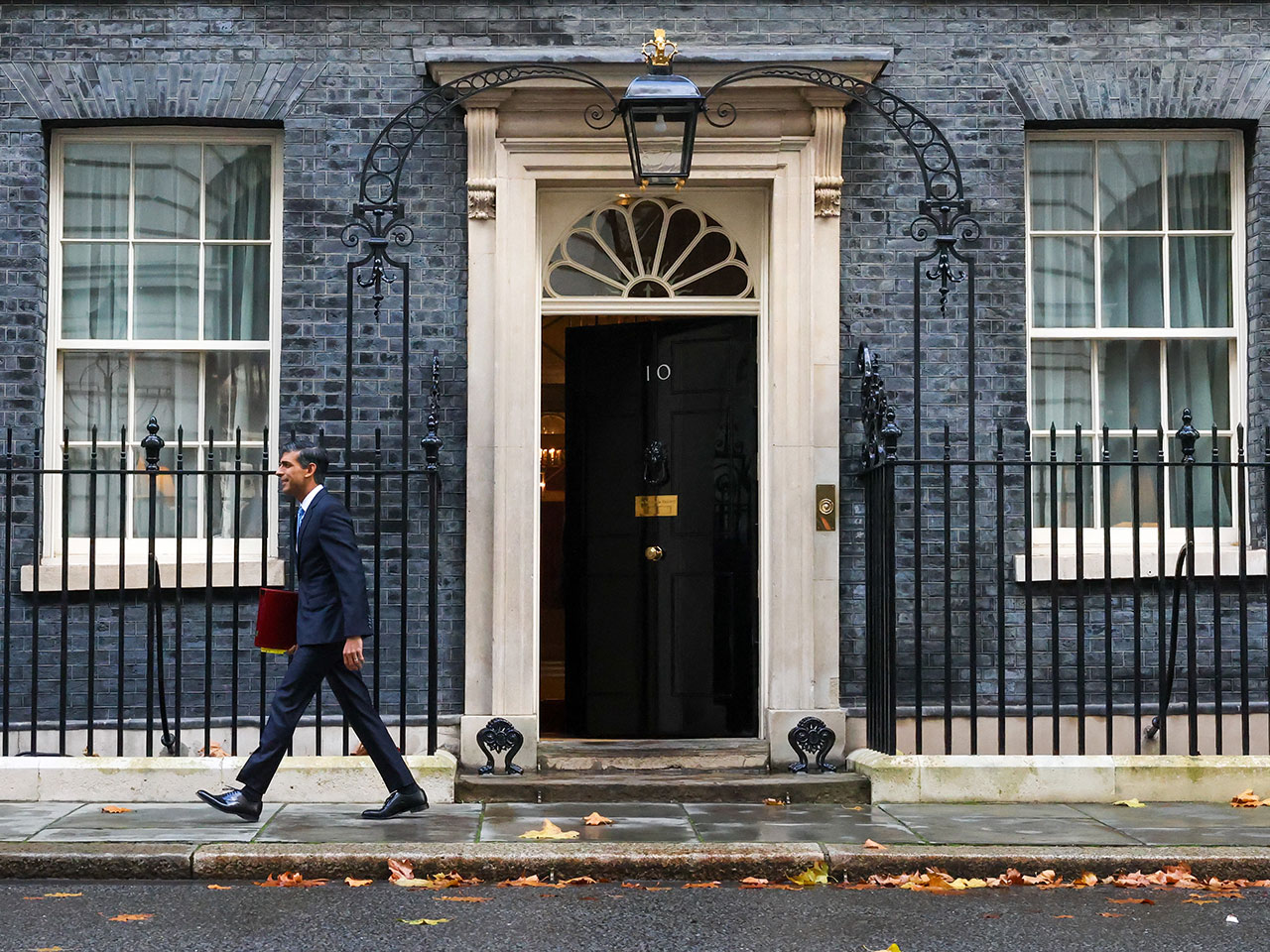
One of Sue Gray’s jobs in a former Cabinet Office role, one insider told me, was to screen ex-ministers’ autobiographies to ensure the author was not inadvertently giving away state secrets. Among those works was John Prescott’s Prezza: My Story. Gray was said to have been comfortable with the book’s content but found some of the swearwords used by the former deputy PM unpleasant (many of them had disappeared in Prescott’s final draft).
The long-serving Whitehall mandarin may have been alarmed, then, by recent briefings, some of which contained some choice four-letter words from Labour sources, defending the party’s controversial attack ads, which accused Rishi Sunak of not supporting the jailing of child sex offenders.
The row rumbled on for days, with the shadow home secretary Yvette Cooper’s team saying she was “not told” about them and other party sources making claims about her performance in the job.
[See also: Keir Starmer faces an assortment of political woes]
Now, many who backed Labour tearing chunks out of brand Rishi may be feeling vindicated, as there are some signs that the relentless low blows have worked. Deltapoll research at the end of April showed Sunak’s approval ratings had plummeted by ten points, while Opinium has recorded his lowest approval rating (-18 per cent) since taking office.
But it was a moment of significant pressure. The breakdown in party discipline left many of Keir Starmer’s allies fearing that the operation was somewhat brittle and at risk of throwing division into the spotlight in the heat of a general election campaign. Labour advisers have been warned not to speak to journalists about issues outside of their policy brief as a result.
It also underlined why Starmer might want to hire someone like Gray as his chief of staff, especially since Labour’s centre of power has shifted away from parliament to party headquarters where staff are firmly focused on the difficult, and often dirty, business of winning an election.
She has been at the centre of many storms, knows Whitehall inside out, and can offer shadow ministers – who are in leadership roles in a party that has not been in government for 13 years – advice, guidance and stability. That is not exactly a desirable situation for Sunak, who knows he faces an uphill battle to keep the Tories in power.
[See also: The Tories begin expectation management for the local elections in style]
Gray is refusing to cooperate with a Cabinet Office investigation into whether she opened talks with Labour while still working for the government, amid fears the probe is politically motivated. On Tuesday 2 May – two days before the local elections in England – the deputy prime minister, Oliver Dowden, made a statement explaining that the investigation’s findings would remain unpublished “in order to maintain confidentiality towards an individual former employee… whilst we consider next steps”. This prompted speculation that ministers and senior civil servants were concerned about making the report public during purdah, and that the Cabinet Secretary, Simon Case, had blocked the publication of an inquiry that had not been conducted according to established civil service procedure.
But many think the investigation’s main aim is to pressure the independent Advisory Committee on Business Appointments (Acoba), which vets former civil servants’ appointments, to recommend as long a period of gardening leave as possible. And even then, it is thought Sunak may try to launch an attempt to further postpone the job. It is much messier than Labour would have wanted but Sunak’s extraordinary reaction – some would say overreaction – to the appointment is telling.
This piece first appeared in the Morning Call newsletter; subscribe here.
[See also: When will Simon Case finally resign?]





